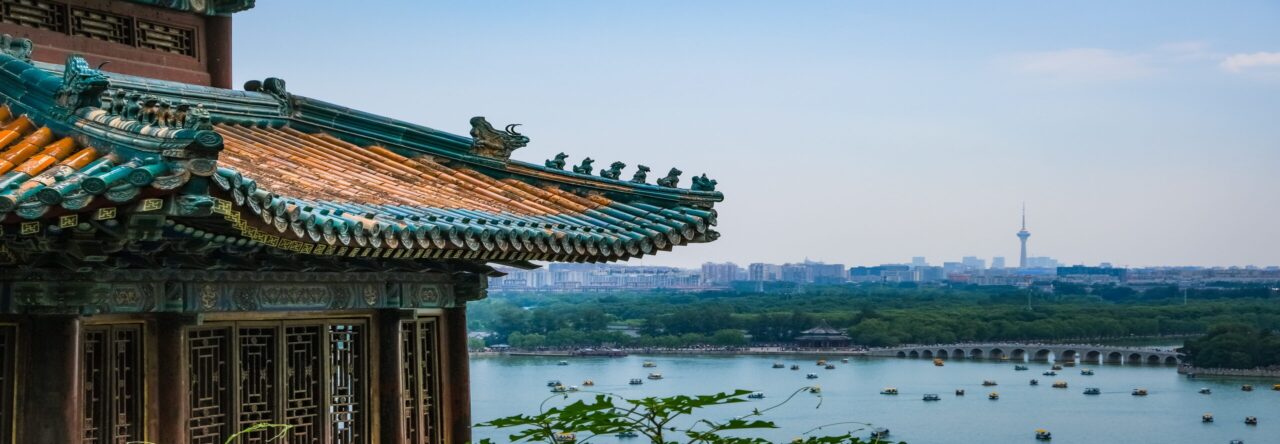
China’s lack of soft power is not a secret to most. Where China likes to think of itself in the context of its socialist roots, regionally, the rhetoric is not often mutual. South-South cooperation has little meaning to the democratic West in the context of China’s authoritarianism. Attempts to spread cultural exchange have primarily ended in failure. This back-and-forth has only built greater tension between the West and China, and it seems we are to the point where both parties are sticking their fingers in their ears and ignoring any and all attempts to make nice.
In this context, China’s span of influence might be a double-edged sword. It gains strength in the developing world through energy, infrastructure, and trade deals, but limits itself through its highly-controlled domestic “strongman” appearance. China’s iron hand towards ideological dissidence and political nonconformance is in direct opposition to the soft image it tries to convey. Soft power is hard to measure, but public opinion is a fairly accurate metric by which China can measure its success. And so far, in Southeast Asia where the Chinese diaspora is greatest, things don’t look good.
These attempts to spread influence seem to be hampered by a certain level of fear that China is going to impose its political and cultural power over these countries. It seems that China’s expansion of other forms of power, such as economic statecraft and patron-clientelism, is throttling its expansion of soft power. Perhaps these countries’ fear of economic strangulation or political isolation outweighs cultural admiration or humanitarian progress. China is stuck at a standstill in this region.

Such is not the case in other regions of the world. Where favorability with the United States has fallen, China has come to replace us. Generally, the US is still seen as the most favorable world power. However, our image is quickly falling while perceptions of China’s growing influence are becoming felt worldwide. Will China continue its pursuit of soft power as it has in recent years? Or will its economic power continue to reign as its defining winning characteristic?

Tim Oakes
Interesting post! Nice links to other resources. You say that “China’s iron hand towards ideological dissidence and political nonconformance is in direct opposition to the soft image it tries to convey.” But I don’t think China tries to convey an image of embracing dissent in its soft power. It’s more about projecting traditional Chinese culture, morality, and an alternative politics to the West.